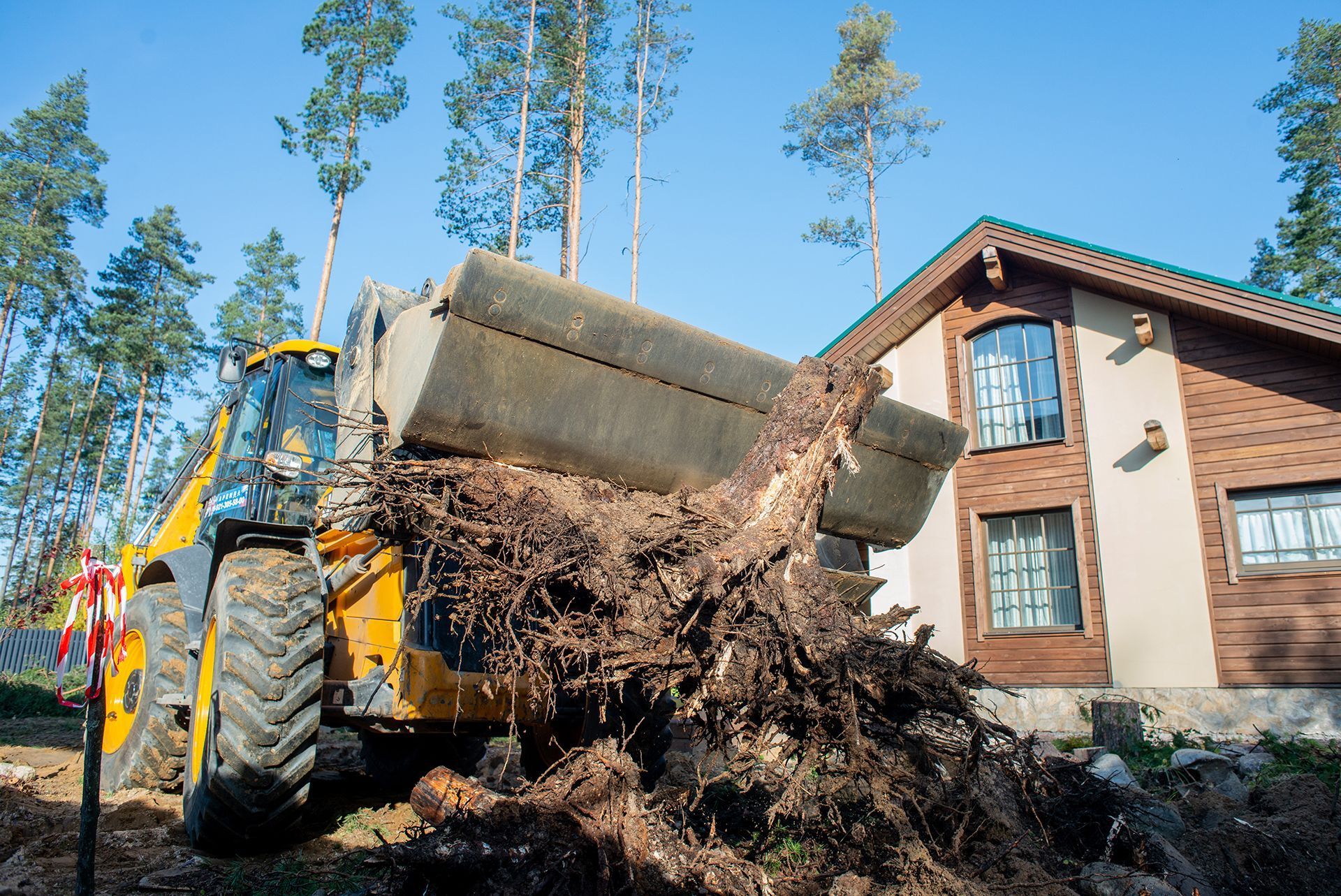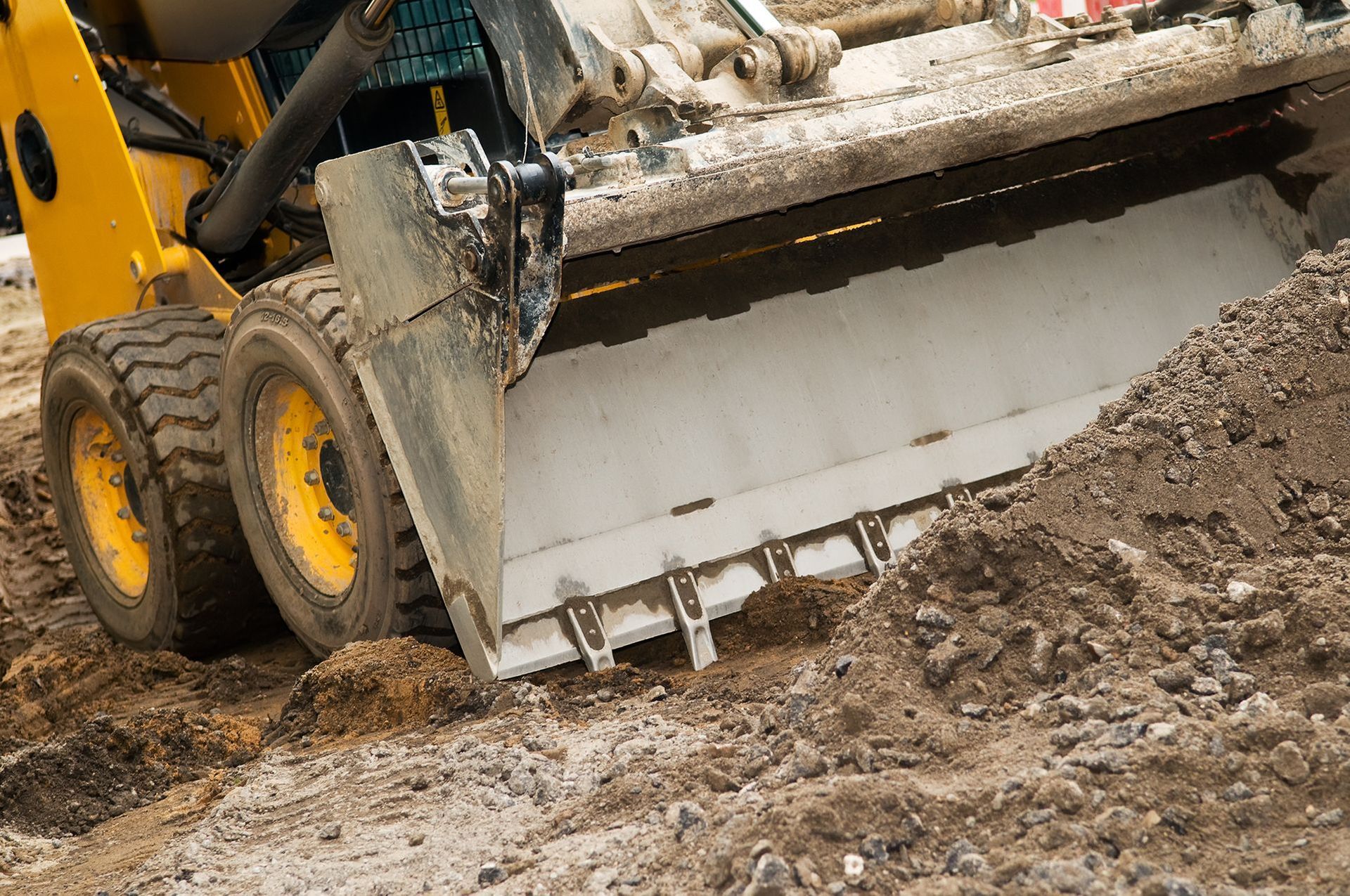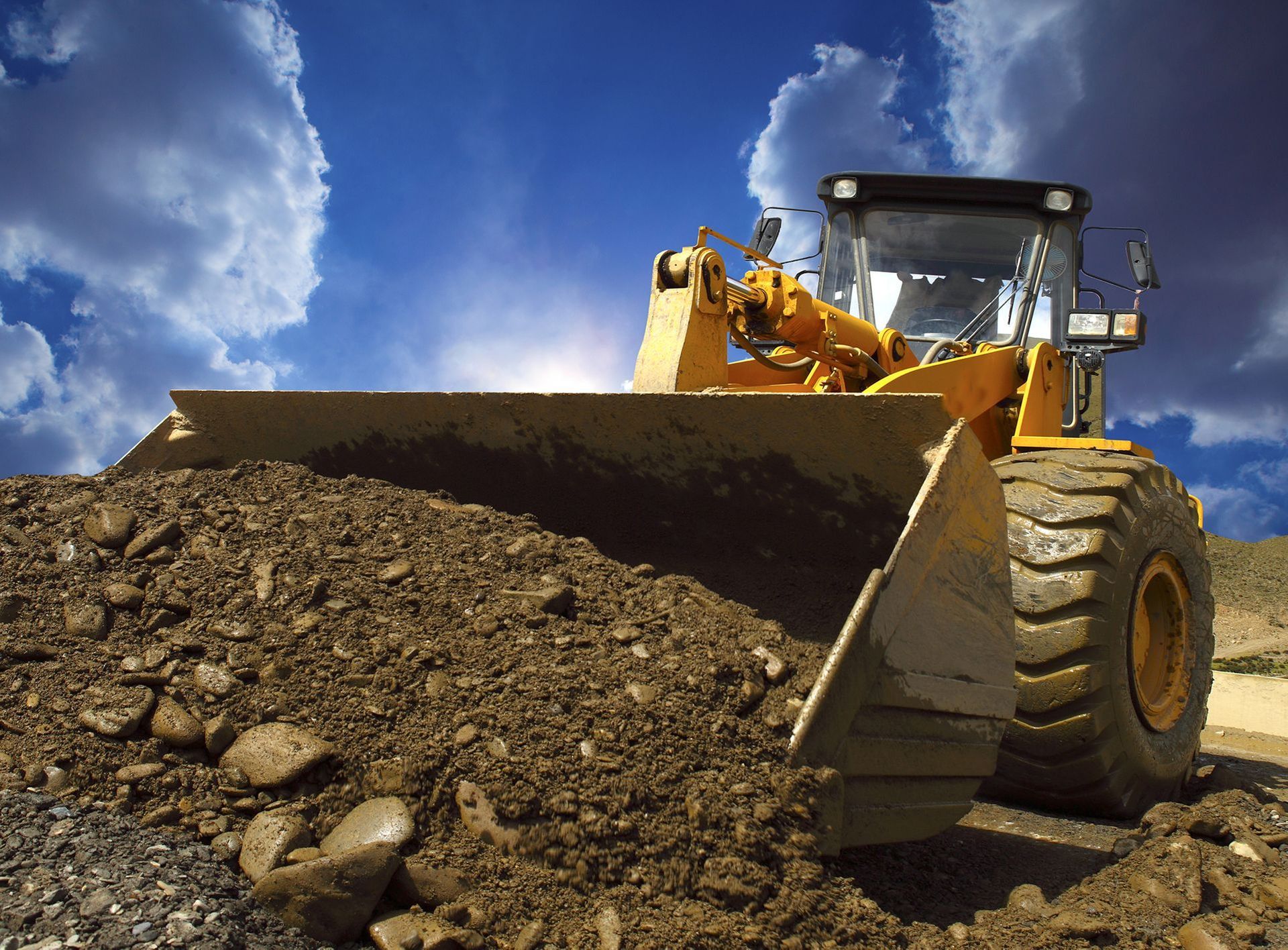Grading Contractors in Atlanta GA
Local Lawn Grading Company in Atlanta, GA
D R Excavation in Atlanta GA offers a variety of grading services to the local area.
We have the equipment and experience to handle any size job, from small residential projects to large commercial ones. Services we offer include land clearing, site preparation, trenching, and more.
We are committed to providing quality work at a fair price, and we will work with you to ensure that your project is completed to your satisfaction.
Contact us today to schedule a free consultation.
We'll look forward working with you!
D R Excavation Atlanta
1100 Peachtree St NE Suite 200, Atlanta, GA 30309
Grading Services in Atlanta, GA
At D R Excavation, we're contractors who love the outdoors and are passionate about our lawn grading work in Atlanta GA.
We have the equipment and experience to grade your lawn quickly and efficiently, without disturbing your flower beds or other landscaping features.
We'll make sure that the finished product is level and free of any bumps or divots.
We also offer sod installation and other landscaping services to help you create the perfect outdoor space.
What We Offer
At D R Excavation, our land grading services include debris removal, rough grading and final grading. Rough grading involves leveling the ground in preparation for construction. Final grading is the process of creating a smooth and level surface for your landscaping or outdoor living space.
Our Process
At D R Excavation in Atlanta GA, our lawn grading process begins with measuring the current grade. We then rebuild the slope, making sure to create a gentle slope that will allow water to drain away from your home or business.
Finally, we finish up with some finishing touches, such as seeding and mulching, to ensure that your new lawn is looking its best.
Who We Are
At D R Excavation in Atlanta GA, our company is made up of landscape grading contractors that care about our customers.
We offer a variety of services, including land clearing, site preparation, and trenching.
We'll work with you to ensure that your project is completed to your satisfaction.
We have the knowledge and equipment to do any size job, big or small.
Licensed & Insured
All of the grading contractors we work with at D R Excavation are licensed and insured.
This is a benefit to the customer because it means that the contractor is held to a high standard of care.
In addition, insurance protects the customer in case of any damage that may occur during the grading process.
By working with only licensed and insured contractors, D R Excavation ensures that its customers are protected and receive the highest quality of service.
FAQ's About Land Grading
"We highly recommend their services to anyone looking for top-notch excavation work. Thank you, D R Excavation!"
- Susan Sherman
“Grateful to D R Excavation for the great job they did on our project. They were professional, and did a great job cleaning up afterwards. We couldn't have asked for more!"
- Ed Schultz
“They did an amazing job and we couldn't have done it without them."
- Gary @ Custom Dream Homes
Why Should You Work With Us?
20+
Years of Experience
300+
Successful Excavation Projects
35+
Trained Professionals - and Growing!
Contact Us Today For A Free Quote
Our company has years of experience in excavating all sorts of land, from small residential properties to large commercial ones. We have the equipment and manpower to get the job done quickly and efficiently. Contact us today to get started on your project!



